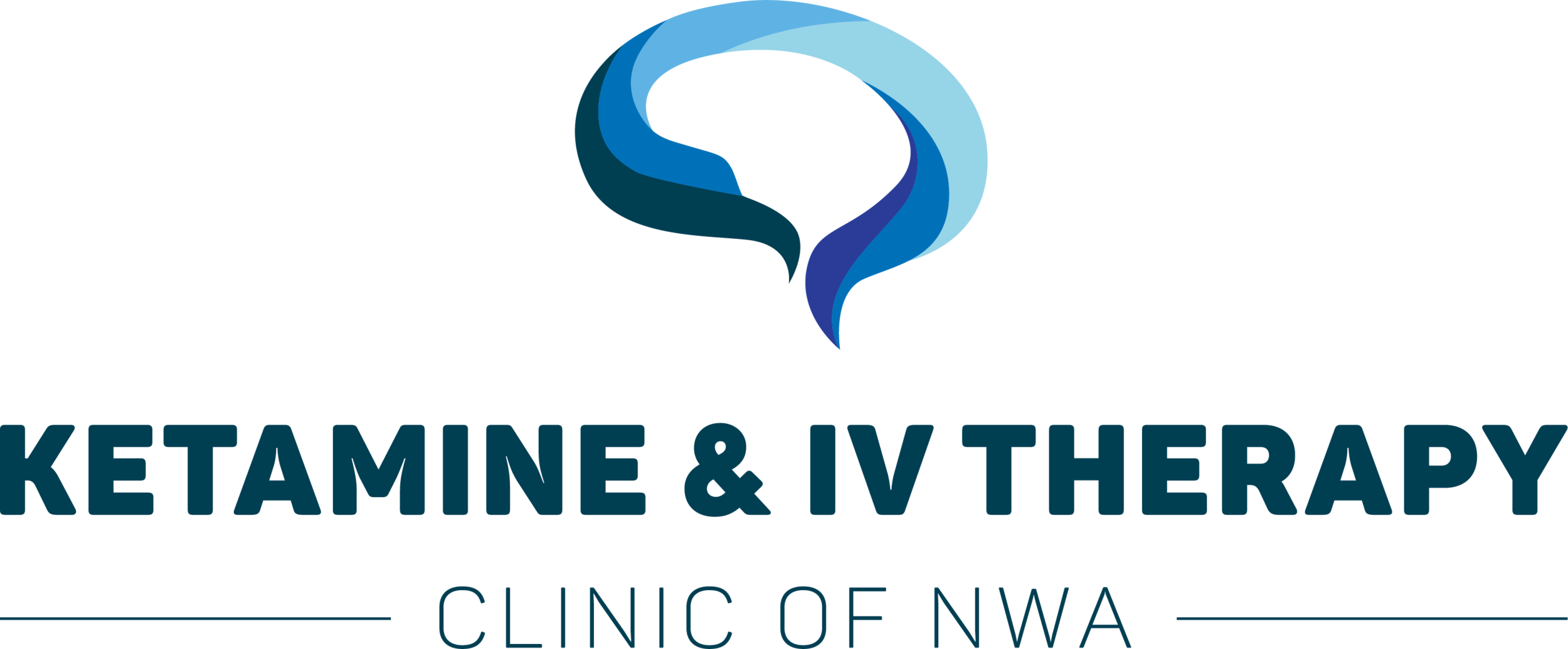Common Questions and Answers
NO FLUIDS 2 HOURS PRIOR TO APPOINTMENT & NO FOOD 6 HOURS PRIOR TO APPOINTMENT
MUST HAVE A DRIVER HOME
Is ketamine safe? Yes, ketamine has been used for decades as an anesthetic in surgery. Ketamine infusions are micro-dosed so as not to induce full anesthesia, but an anesthesia provider is present at all times to monitor the patient.
Do I stop any of my medications? No, take everything as prescribed and on time.
When will I see results? Some people see transient results after the first few treatments, long term results are seen after 4-6 treatments and are seen in the form of increased function, willingness, or satisfaction to be involved in situation that previous appeared difficult. 75% of people will have positive results.
How long does it take? 45-1 hour for infusion, 30 min recovery- plan on about 2 hours total
Should I bring anything ? You are more than welcome to bring music with earbuds (suggest peaceful, no words) and a blanket if you want.
Can I get my 1st treatment at time of consult? Most likely yes, (npo status, appropriate candidate, available time for CRNA)
What should I expect during the treatment/ side effects? An IV will be placed and ketamine infusion will begin, and vital signs will be monitored frequently. Some patients will have an “out of body” experience most often described as floating and relaxation. A mild sedative will be administered prior to the infusion to alleviate anxiety. All side effects should terminate at the end of the infusion.
How often are the treatments? We recommend 4 treatments to know if you are a responder, if so, we recommend 2 more treatments. Highly individualized so we will work with you to get you the best treatment plan.
Will insurance cover it/Cost? Unfortunately, Ketamine infusions are not covered by insurance at this time. It is $450 per treatment. Dr. Kendrick does take insurance for the one-time office visit (all insurance except Oklahoma Medicaid). Cash pay for one time office visit is $75.
Will I need to continue ketamine forever? This is based on the patient and their treatment outcomes with ketamine. Studies show rapid relief and vary greatly on how often patients need a booster, which is simply another infusion if symptoms begin to return. Some patients choose to get routine boosters every 3-4 months despite symptom recurrence simply for their mental health stability. Other patients never need a booster after the initial treatment plan.
Who cannot receive ketamine? Those with uncontrolled hypertension, recent heart attack or heart surgery, pregnant, and those with recent suicidal attempts- not ideation.
Who is ketamine most appropriate for? Those who have long suffered, and medication provides no relief or side effects are unbearable. Pain management for those that have crippling pain issues and high narcotic intake.
Do I have to have a therapist? While it is beneficial to have mental health support from all directions, it is not currently required.
· The website http://www.ketamineadvocacynetwork.org/has lots of helpful information. We own no rights to this website. It is simply public information.
